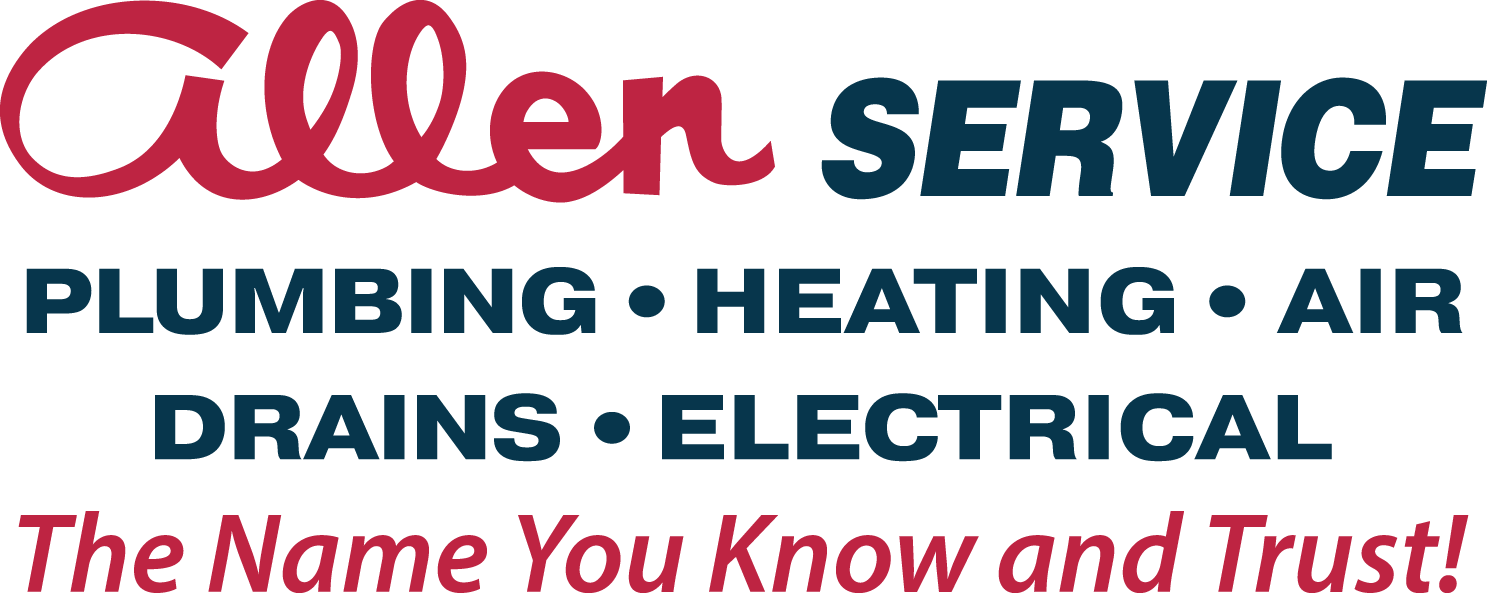Allen Services in denver

Year-round home comfort in Northern Colorado requires air conditioning. Homeowners today have a wide array of air conditioners to choose from, so making the right selection can feel overwhelming. Let’s cut through the confusion by exploring six different types of air conditioners, their optimal uses, and potential drawbacks to keep in mind.
Window Air Conditioners
Window ACs pack everything—compressor, condenser, expansion valve, and evaporator coil—into a single, compact box. These units are an excellent choice for cooling individual rooms that need a little extra air conditioning boost. They are also common sights in home add-ons and other structures that don’t have ductwork. While window units are among the most affordable and easy-to-install home air conditioners, they have several limitations. First, units must be installed in a window, compromising the view and preventing you from enjoying a cool breeze on mild days. Difficulty sealing around the unit also makes it less efficient. And with the loud compressor situated right in your living space, staying cool becomes a noisy affair.
Portable Air Conditioners
Portable ACs add greater convenience and versatility by taking the form of mobile, self-contained units you can wheel around the house for localized cooling. You must still connect an exhaust vent to a window, but the cooling unit itself can be repositioned and aimed precisely where you want it. This makes portable AC units fantastic for homes where window units are impractical or when sporadic cooling is needed in certain areas. However, portable units have their share of drawbacks. They are typically less energy-efficient than fixed units, leading to higher energy costs. Plus, they don’t provide the same degree of cooling and often struggle to keep rooms larger than 500 square feet comfortable. The exhaust hose is also not the most aesthetically pleasing feature.
Ductless Mini-Splits
Ductless air conditioners, or mini-splits, offer a better, more permanent choice for homes without existing ductwork. These modern, high-performing units consist of an outdoor compressor and an indoor air-handling unit. The indoor portion, which features a sleek, discrete design, is mounted to the wall or ceiling. With the ability to pair numerous air handlers with a single compressor, mini-splits can provide whole-home cooling. You can independently control the temperature in different rooms using a remote control or, in the case of smart units, a mobile app. And with no inherently leaky ductwork to worry about, ductless air conditioning is one of the most efficient ways to cool your home. Another important feature of many mini-splits is the ability to heat your home. Models featuring a reversing valve are actually ductless heat pumps. This means they can operate in reverse, pulling in heat from outside and depositing it indoors. In this way, ductless mini-splits serve as a complete, year-round comfort system for older homes that rely on hot-water radiators or electric baseboard heating. Before proceeding with the installation, keep in mind that ductless mini-splits typically cost more than window and portable air conditioners. They also require professional installation and routine maintenance, meaning you’ll need to partner with a reliable service provider.
Central Air Conditioners
The most recognizable form of whole-home cooling is the central air conditioner. This powerhouse circulates cool air through a network of supply and return ducts, providing evenly distributed cooling. This is the gold standard for large homes with existing ductwork. But even the default choice has drawbacks. Installing a central air conditioner requires professional help and a substantial investment. If your home doesn’t already have ductwork, central air conditioning may not be feasible. And if the existing ducts aren’t properly sealed and insulated, energy costs can run high, leaving you with pricey utility bills.
Heat Pumps
If you like the idea of a ductless mini-split for year-round comfort but want to utilize your home’s ductwork, consider an air-source heat pump. This versatile unit acts like a central air conditioner in the summer, extracting heat from indoor air, venting it to the exterior, and distributing cooled air via ductwork. A reversing valve then allows the unit to run backward, heating your home in the winter by extracting heat energy from the chilly outdoor air. Because heat pumps move heat rather than generate it from a fuel source, they can achieve incredible efficiency ratings compared to traditional furnaces. As you might expect, heat pumps work best in regions with mild climates where the temperature doesn’t drop too low. They may struggle to keep up in harsh conditions, but backup electric resistance heating coils prevent your home from ever getting too cold. Of course, this eats into your energy savings. Talk to your air conditioner service provider about the value of installing a cold-climate heat pump in Northern Colorado.
Geothermal Heat Pumps
Geothermal systems take the concept of air-source heat pumps one step further, utilizing relatively steady underground temperatures to provide summertime cooling, wintertime heating, and sometimes even hot water. These systems are incredibly efficient, so if sustainability is high on your wish list, they’re hard to beat. The biggest drawbacks of geothermal heat pumps are their upfront price and the need for ground excavation. Eligible homes must have land nearby where underground pipes, known as ground loops, can be installed. Despite the installation complexity, the potential long-term savings often justify the initial expense, making geothermal heat pumps a worthy investment for those who qualify.
Get More Help Choosing a Home Air Conditioner
With this information in mind, you may feel ready to choose the right air conditioner for your needs. If you still need help, don’t hesitate to contact Allen Service. We’ve been delivering unparalleled air conditioner service to Fort Collins residents for over six decades. Our expertise spans the full spectrum of AC units, allowing us to answer your questions and install whatever system you choose. Call us today at 970-672-1660 to request your air conditioner installation estimate.
